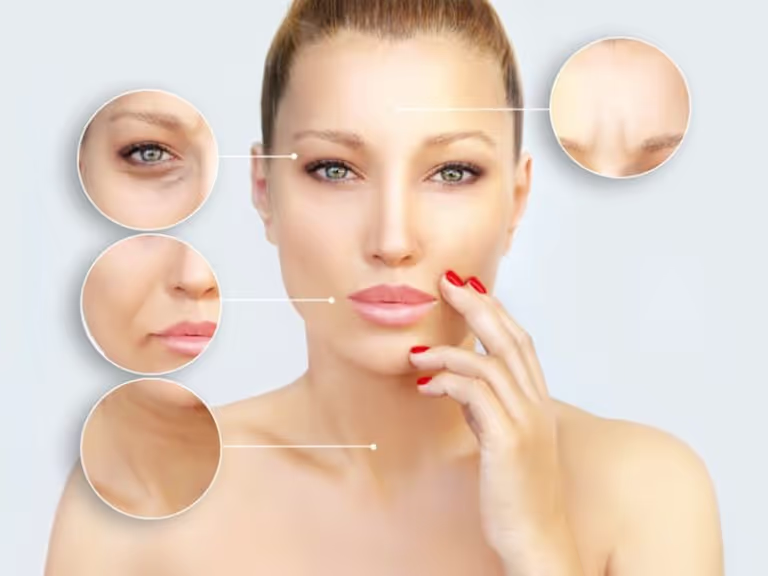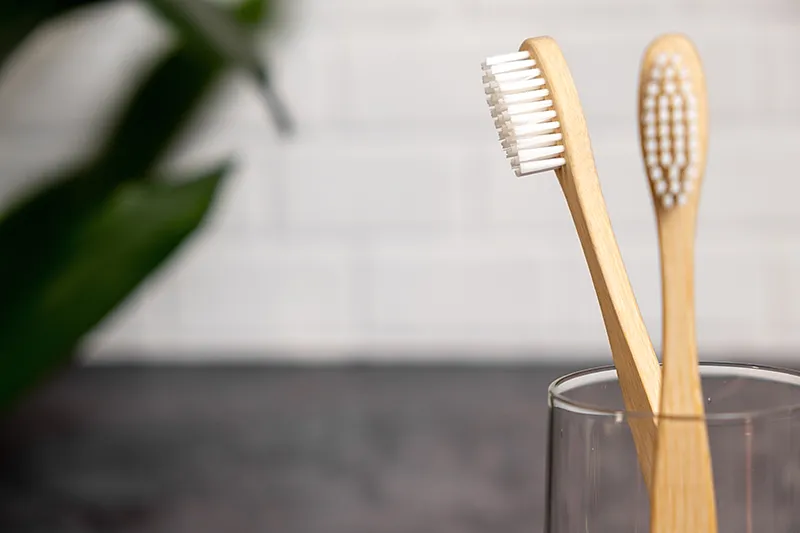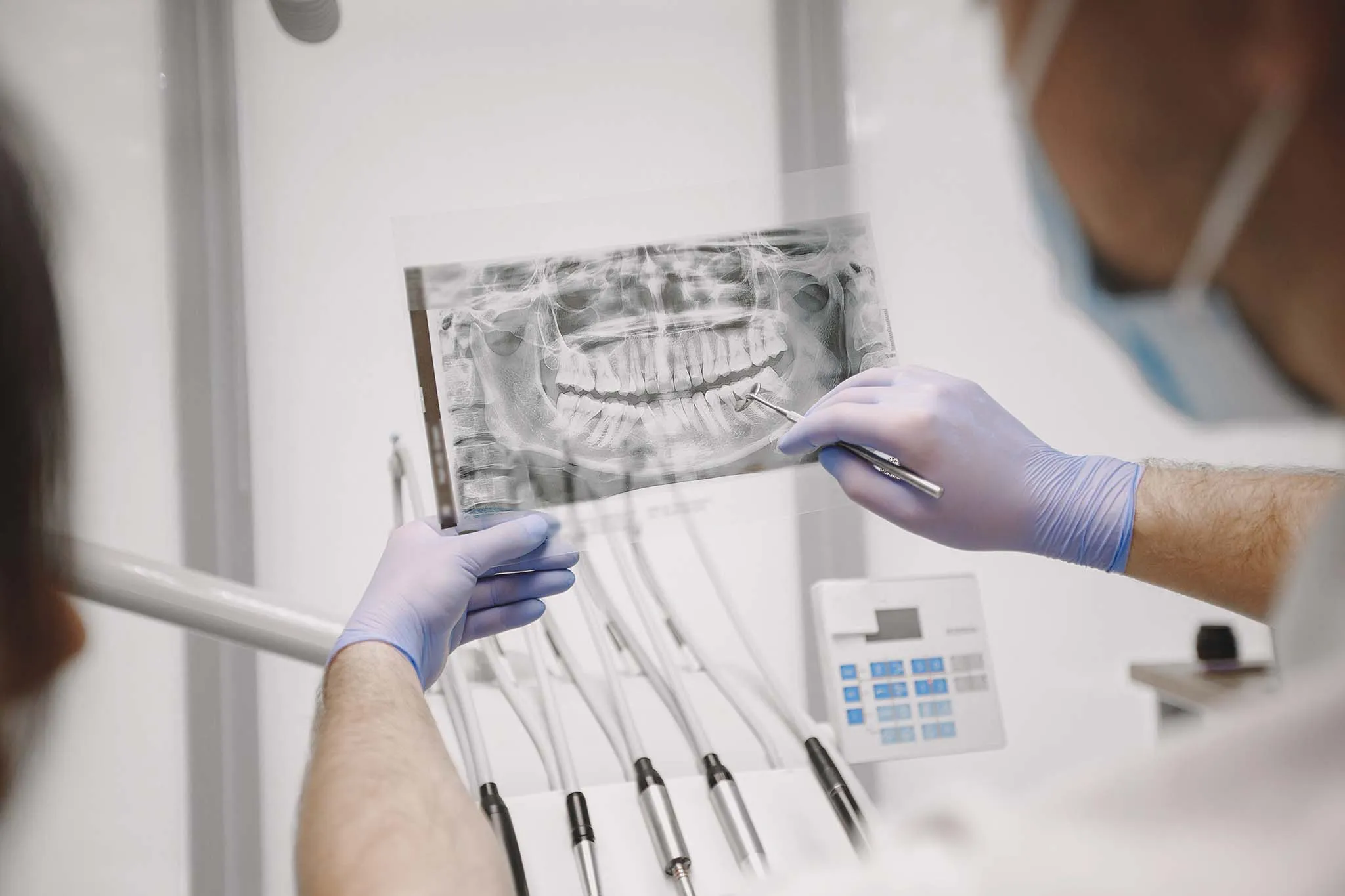Facial Muscle Relaxation Treatment for TMJIn SHelby Township



Our Services
Understanding TMJ Disorder: Symptoms, Causes, and Treatment Options in Shelby Township, MI
Facial Muscle Relaxation Treatment: if you struggle with frequent jaw pain, headaches, clicking sounds when you open your mouth, or discomfort while chewing, you may be experiencing symptoms of TMJ disorder. TMJ (temporomandibular joint) dysfunction affects millions of Americans, yet it often goes undiagnosed because many patients assume their symptoms are unrelated to dentistry. At Pearly Smile Dental Studio in Shelby Township, MI, we specialize in the diagnosis and treatment of TMJ dysfunction, helping patients find long-lasting relief.
What Is TMJ Disorder?
Your TMJ is the hinge joint connecting your jawbone to your skull. You use this joint every day—for chewing, speaking, yawning, and swallowing. When this joint becomes strained, inflamed, or misaligned, it can lead to chronic pain and dysfunction known as TMJ disorder or TMD.
Common TMJ Symptoms
TMJ symptoms can vary widely, but the most common include:
- Jaw pain or tenderness
- Clicking or popping sounds
- Difficulty opening or closing the mouth fully
- Frequent headaches or migraines
- Ear pain or ringing
- Facial soreness
- Neck and shoulder tension
- Jaw locking
- Pain while chewing
What Causes TMJ Disorder?
TMJ issues can develop from several factors:
1. Teeth Grinding and Clenching (Bruxism)
Continuous pressure on the jaw joints causes inflammation and muscle fatigue.
2. Stress
Stress increases jaw clenching and muscle tension.
3. Bite Misalignment
If your teeth don’t fit together properly, the TMJ compensates—leading to strain.
4. Trauma or Injury
A blow to the jaw can misalign the joint.
5. Arthritis
Inflammation inside the joint can affect movement and comfort.
If you experience more than one of these symptoms, a professional evaluation is recommended.
Get Relief Today
If jaw pain or headaches are disrupting your life, we are here to help.
📞 (586) 566-5220
📍 Hayes Rd., Shelby Township, MI
💻 Book online anytime
What Is TMJ Disorder?
Your TMJ is the hinge joint connecting your jawbone to your skull. You use this joint every day—for chewing, speaking, yawning, and swallowing. When this joint becomes strained, inflamed, or misaligned, it can lead to chronic pain and dysfunction known as TMJ disorder or TMD.
Common TMJ Symptoms
TMJ symptoms can vary widely, but the most common include:
- Jaw pain or tenderness
- Clicking or popping sounds
- Difficulty opening or closing the mouth fully
- Frequent headaches or migraines
- Ear pain or ringing
- Facial soreness
- Neck and shoulder tension
- Jaw locking
- Pain while chewing
What Causes TMJ Disorder?
TMJ issues can develop from several factors:
1. Teeth Grinding and Clenching (Bruxism)
Continuous pressure on the jaw joints causes inflammation and muscle fatigue.
2. Stress
Stress increases jaw clenching and muscle tension.
3. Bite Misalignment
If your teeth don’t fit together properly, the TMJ compensates—leading to strain.
4. Trauma or Injury
A blow to the jaw can misalign the joint.
5. Arthritis
Inflammation inside the joint can affect movement and comfort.
If you experience more than one of these symptoms, a professional evaluation is recommended.
Get Relief Today
If jaw pain or headaches are disrupting your life, we are here to help.
📞 (586) 566-5220
📍 Hayes Rd., Shelby Township, MI
💻 Book online anytime

FAQ's
Frequently Asked Questions
Check out these frequently asked questions, or call us to speak with our team.

